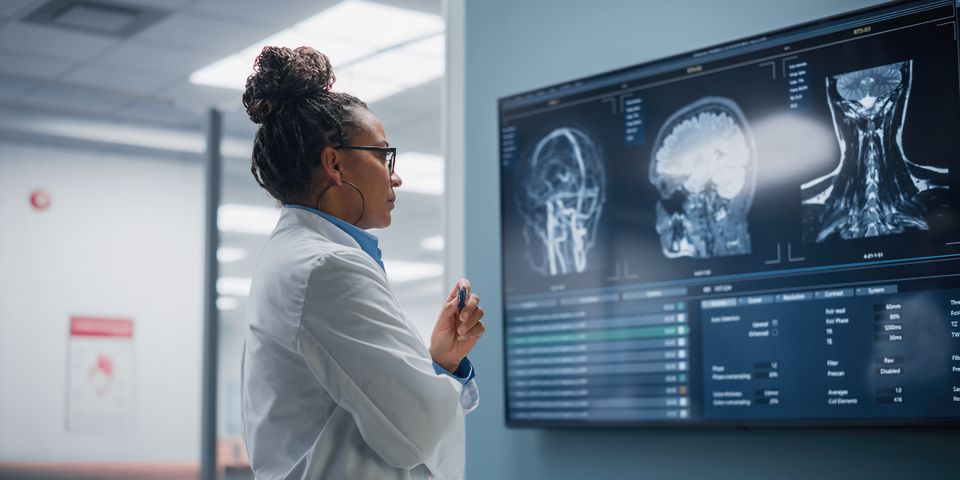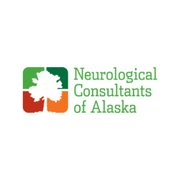
Brain injuries affect millions of Americans. The CDC estimates 1.5 million people sustain a traumatic brain injury (TBI) every year, ranging from mild concussions to severe cases that result in death. Many brain injuries require long-term treatment and care from a neurologist. Here is a brief overview of how these happen, what they look like, and how treatment is administered.
Common Causes of Brain Injuries
Brain injuries are categorized as either traumatic or nontraumatic. These terms do not indicate the severity of the injury but rather the general cause. A traumatic brain injury is caused by an external force, such as a blow to the head or a gunshot. One can often occur during falls, car accidents, sports and other recreation, workplace accidents, and assaults.
Nontraumatic brain injuries occur due to internal factors, such as lack of oxygen or pressure from a tumor. Common causes include stroke, seizure, tumor, infectious disease, drowning, choking, drug overdose, carbon monoxide poisoning, and lead exposure.
Effects of a Brain Injury

Brain injuries can be diagnosed by a neurologist as mild, moderate, or severe. All levels may come with symptoms that affect day-to-day life. An individual who suffers a mild brain injury may not experience a loss of consciousness but may feel dizzy and confused for a short time. They are likely to recover fully in six to eight weeks.
A moderate case usually results in loss of consciousness, longer-lasting confusion, and temporary physical and cognitive impairments. A severe brain injury may result in a coma that lasts for weeks or months, and it can cause permanent impairments.
Brain Injury Treatment
No two brain injuries are alike, so treatment will be unique to the individual case. In general, an individual who sustains a brain injury first receives an evaluation by emergency physicians. Later, a specialized neurologist can perform imaging tests, provide a more detailed diagnosis, and recommend a treatment plan. That may include surgery to stop brain bleeding, remove clots, and repair skull fractures. Medication may be prescribed to prevent seizures and reduce fluid pressure.
The neurologist may also help develop a rehabilitation plan so the patient can resume their daily activities as much as possible. Often, rehabilitation is accomplished with aid from occupational and physical therapists, speech and language therapists, neuropsychologists, and social workers.
If you or someone you love experiences a traumatic brain injury, Neurological Consultants of Alaska LLC is here to help. With more than 40 years of combined experience, they serve patients in Anchorage and throughout the state. Their neurologists provide treatments for TBIs, migraines, seizures, and other brain and nervous system disorders. Call (907) 277-1623 to schedule an appointment, or visit their website to browse their services.
About the Business
Have a question? Ask the experts!
Send your question

